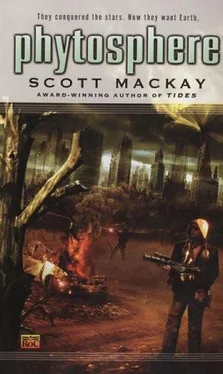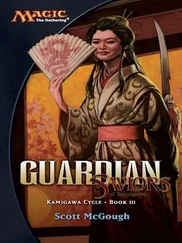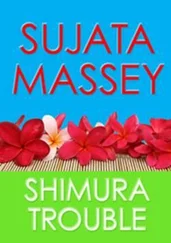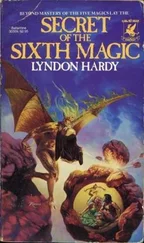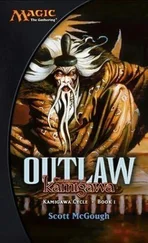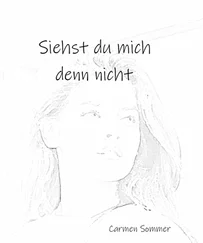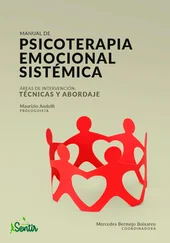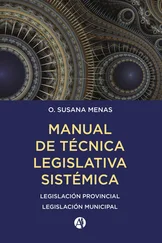At last the mayor clapped and got everybody’s attention.
“Thank you all for coming,” he said. “I see here that we have several extremely talented professionals from a variety of major organizations and institutions throughout the solar system. So I’ll try to up my usual rhetorical style. I’ll attempt to be a little more formal. I welcome you to the Moon. I guess I’ll start with a few caveats, quid pro quos, and fine-print stuff, just because I know some of you must have some misconceptions about the Moon. For starters, we do things in a small way here. We’re a tiny community; fifteen thousand permanent residents in Nectaris, and only another ten thousand in the secondary communities.” He spoke as if by rote. “Which means we have nothing in the way of money. I just want to make sure you all understand—this thing is volunteer.”
Several nods assured him that the volunteer nature of the effort was well comprehended.
“Good. I see we have some friends from AviOrbit. I knew Ira would come through for us. But I doubt AviOrbit can contribute much in the way of a budget either, so don’t get your hopes up, just because the techies have arrived. And I see that Professor Luke Langstrom is visiting us from the University of Mars.
Sorry, Dr. Langstrom, but the money for this project will pale in comparison to some of the legendary research grants you’ve worked with. It’s the casinos that have all the money. Not us in council. Professor Langstrom, for those of you who don’t know, was the first to isolate evidence of prehistoric life on Mars in a series of experiments he conducted forty years ago in the Pegasus Cavern System of the Valles Marineris.” He turned to the gathered media. “You see, I know these things too. So the next time you call me ignorant, just remember that.”
Gerry cast a curious glance at Langstrom, who was well into his seventies, had white hair, bushy silver eyebrows, and sat slouched in his chair with a confident but whimsical grin on his face, as if he found the whole lunar effort to destroy the shroud amusing. Langstrom would have been a kindly old grandfather type if it weren’t for something bitter in the eyes, and stingy about his lips. What kind of life had he lived on Mars, wondered Gerry? Did he even care about Earth?
“Also visiting us this week is Associate Professor Gerald Thorndike, of North Carolina State University.” The mayor consulted a lot of additional notes. “Gerald Thorndike is the younger brother of Professor Neil Thorndike, a name many of you in the science community will no doubt know.” Here it was again, his name, always linked to Neil’s. “My assistant has written here that Neil Thorndike was the cowinner of the Nobel Prize in Physics last year, and also winner of the Davison-Germer Prize, and that he’s one of the senior members on the United States National Science Board. We’re extremely honored to have his brother here today. Gerry, welcome to the Moon.”
Gerry felt uncomfortable with this backhanded introduction. People clapped. He couldn’t count the number of times he’d been presented as Neil Thorndike’s brother, not as a scientist in his own right. He stood up and took a perfunctory bow, wanting only to get on with things.
He sat down, and Hulke introduced some people from AviOrbit, rocket scientists the lot of them, but maybe a few, he hoped, who had knowledge of basic Earth sciences. Hulke then launched into a recap of everything that had happened in the last two weeks: how negotiations had broken off with the Tarsalans, how all Tarsalan visitors and delegations had returned to the mothership—the TMS as it was called—and how the shroud had grown day by day despite military attempts to destroy it.
“At this point, I’d like to let the scientists take the floor. Professor Langstrom, if you could go first. We’d appreciate any thoughts you might have.”
Langstrom raised his hand dismissively, continuing to smile in his amused way. “I hardly think I’m the ranking scientist here,” the Martian said, taking out a pipe and stuffing it calmly with marijuana. “Gerry Thorndike is. Let the man who has something in jeopardy speak first.”
There was a tone in Langstrom’s voice that Gerry didn’t like, as if he were somehow blaming Gerry for the shroud.
“Dr. Langstrom, you flatter me,” said Gerry.
“I’m a Martian. Have been for the last sixty years. I think we should hear from an Earthman. After all, it’s Earth that’s in peril.” Again, that tone.
Gerry hesitated. “If that’s all right with the mayor.”
Hulke looked at Gerry the way a showbiz manager eyes new talent, with a mixture of hope and despair.
“By all means, Dr. Thorndike. If you think you have something to say.”
“Because I have been thinking a lot about the shroud lately.”
Especially because his wife and family were still on Earth.
“Then come to the podium, and let’s hear it.”
With mounting confidence, Gerry rose from his seat and walked to the podium. He was conscious of his size, tall but lanky, six-four, and how his six-four frame couldn’t seem to get the hang of lunar gravity. As he reached the mayor, he smelled alcohol. He shook hands with Hulke.
The mayor’s hands were cold and moist. “Just give them something to hope for,” he murmured, as if he believed the situation were already lost. “The rationing thing isn’t as good as I’m telling everybody.”
What he saw in the mayor’s eyes was fear. Okay. So things were worse, a lot worse, if the mayor’s eyes were any indication. Things had reached such impossible levels that they actually had to consult scientists. Gerry turned from the mayor, gripped either side of the lectern, and gazed out at his audience.
He could see that they were all counting on him, not because he was Gerry Thorndike but because he was Neil Thorndike’s brother; even the showgirls looked as though they had heard of Neil.
He cleared his throat.
“The shroud,” he said, immediately slipping into lecture mode, as he had in Jarrell Hall at NCSU. “What is it?” He looked around his audience as if he expected someone to answer him, pausing on purpose to get their attention, then continuing with the obvious follow-ups. “Is it alive? Is it dead? Will all the blooms finally join up and cover the Earth? And if the shroud envelops Earth, will any sunlight get through? Will it let heat through? If it lets heat through, will it trap heat, the way greenhouse gases do on Venus? Will the Tarsalans employ the shroud for a fixed period, or will they allow it to remain in place indefinitely? If it remains in place indefinitely, what will the consequences be—socially, politically, and environmentally?”
He paused, and leaned more firmly against the lectern.
“You get up in the morning, and the sun doesn’t rise, and the birds don’t sing. It’s dark, and it stays dark all the time. Today is June twenty-fourth. It’s summer in the northern hemisphere. The last spring blossoms have left the trees and the leaves are out. The wheat is still green, and the spring rice in Asia is just partway along. The vegetable crops are no more than young shoots. Now there’s no sunlight. What does that mean? I think this is what we have to concern ourselves with most. The immediate effect of the shroud is going to be on plant life. A lot of plant life is fairly resilient and can hang on through a lot of punishment. But depending on how long the Tarsalans decide to go on with this shroud… a farmer will walk into his field, and he’ll see his wheat or corn growing weaker every day and starting to wilt in the darkness, and at some point he’ll make the decision to plow it under because it won’t be harvestable.
You get enough farmers doing this, and the markets start to react, and consumers react, and panic sets in. And that’s what I think is going to be the most negative effect of they would send this to this… shroud… at least in the short term. This… unavoidable panic. People will hoard, and that will just make the situation worse. And really, the food-distribution system, at least in the U.S., isn’t set up to take major or prolonged strain. There’s about a one-week supply in the commercial food network, and as for national emergency stores, we’ve got a six-week supply. But you have to remember that most of these emergency stores are in Western Secessionist states, so that’s where we get a political factor, and the strain may be enough to worsen not only the panic, but also the hoarding.”
Читать дальше
